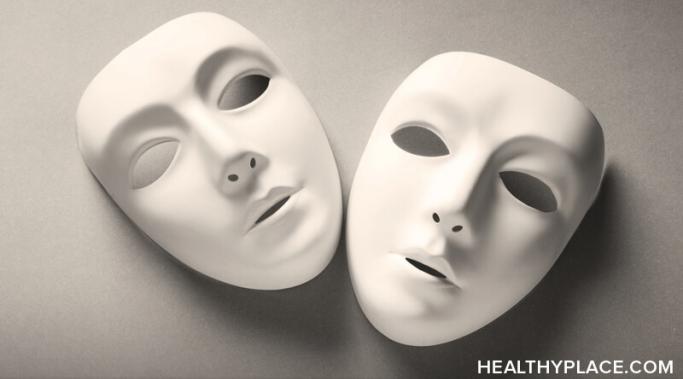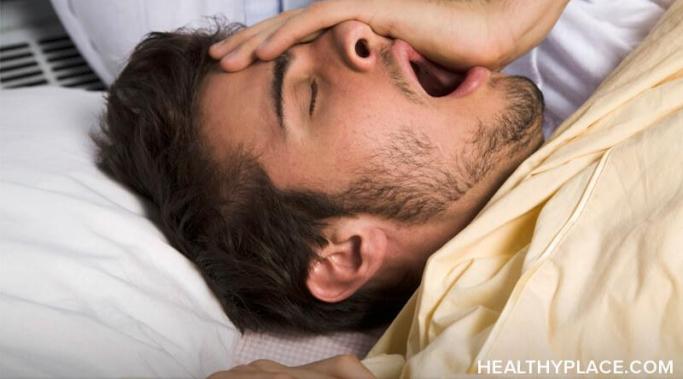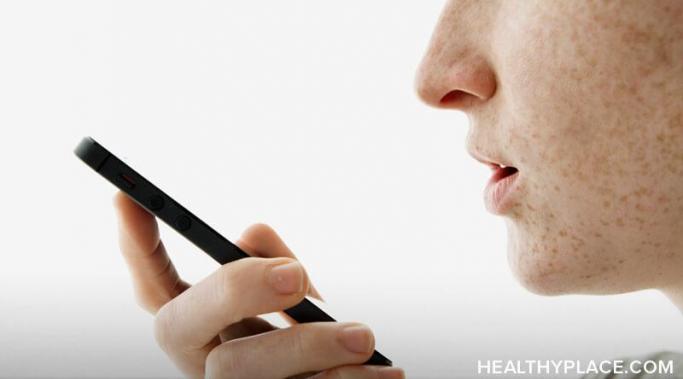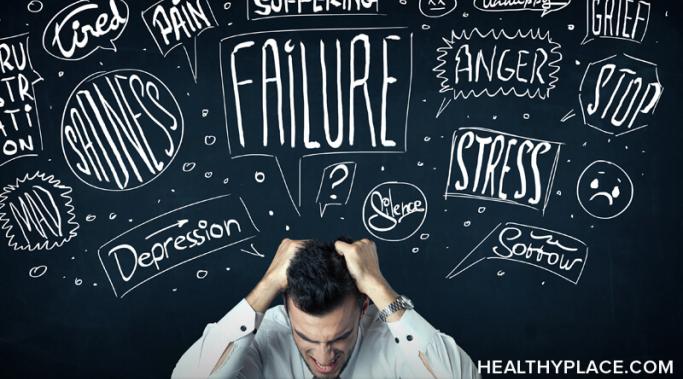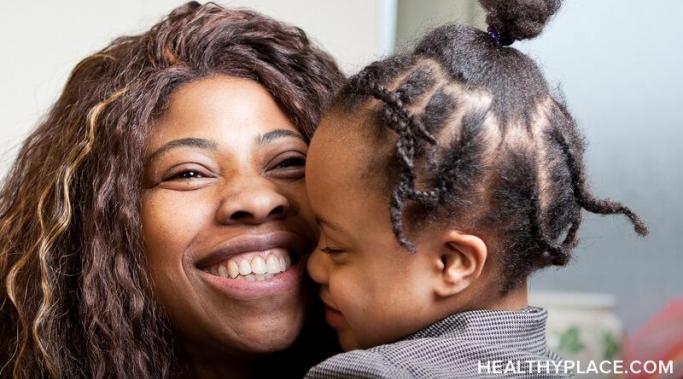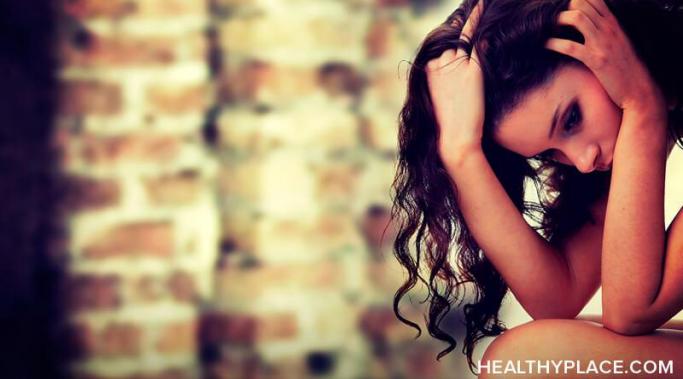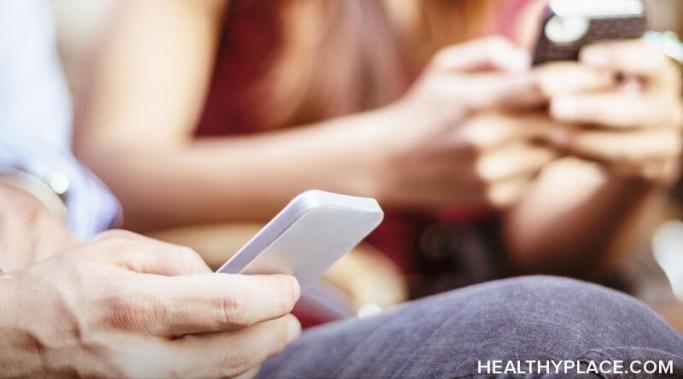Seven years: that’s how long I’ve been writing for HealthyPlace and the "Surviving Mental Health Stigma Blog." This time seven years ago, I was embarking on a new journey in writing and mental health. And now, again, I’m embarking on a new journey and saying goodbye to this blog.
Surviving Mental Health Stigma
Take a moment to think of your favorite media villain. I bet the character that just came to mind is portrayed as having a mental illness with a sprinkle, or more like a heap of dramatization for theatrical effect. Batman's Two-Face struggles deeply from poorly represented dissociative identity disorder (DID), as does Split's protagonist with the 23rd identity of Kevin being The Beast, an entirely fictitious representation that--intentionally or not--paints individuals suffering from DID as violent and inhuman. The cinematic tactic aimed at creating drama and bolstering a storyline comes with an unintended and paramount side effect: stigma.
Energy can be low or nonexistent when you have mental health struggles. For me, I generally have less energy to begin with, and, often, day-to-day activities—even simple interactions or tasks—can drain my battery to red. When my depression and anxiety are running rampant, it can feel like every gauge goes into the negative.
On July 16th, 2022, the new three-digit Suicide and Mental Health Crisis Hotline went into full effect. The transition from a 10-digit number to the more convenient and memorable 988 is a positive step toward adequate and widely-accessible mental health resources for all. Moreover, the hotline is no longer solely for suicidal individuals but open to anyone facing a mental health crisis. The overall messaging behind this change is perhaps the most impactful. We hear you; we see you; we'll show you not only through our words but through our actions.
I'll admit, it's difficult sometimes to separate a discussion of mental health from a discussion of race. It's difficult to separate a discussion of anything from a discussion of race, for that matter. During my mental health journey, while adapting to the nuances of navigating my illness, it was not lost on me that race itself was another nuance to navigate. This is just one example of a very long list of factors that felt completely out of my control. Although difficult to accept, realizing that I couldn't fix everything opened me up to more healing and more peace throughout my mental health journey. I realized I didn't have to feel guilty for compartmentalizing race and my mental health. This can be applied to any factor that may feel out of your control and cause added strain on your pursuit of mental wellness. It's okay to let go and prioritize yourself.
The basis of marketing is pretty simple: identify a problem your target customer is facing and offer a solution. In most cases, it’s effective, but, unfortunately, it’s also used in predatory marketing practices that don’t necessarily a sound product or opportunity to offer. It’s important to be able to recognize mental health stigma used in marketing tactics in order to protect yourself from falling prey to them.
This July marks the 14th anniversary of the Bebe Moore Campbell National Minority Mental Health Month, also known as Black, Indigenous, and People of Color Mental Health Month (BIPOC MHM). In a world that seemingly revolves around race, it's nearly impossible to ignore the stark disparities deeply rooted in minority and historically oppressed communities regarding mental health accessibility and stigma.
Do you ever feel like you never do anything right? I do. My baseline is feeling that everything I do is wrong to the point that feeling like I’m doing something right is a rarity. Anxiety keeps running questions in the back of my mind, whether I’m making the right decision, saying the right words, or doing the right thing.
In 2022, the potential for overstimulation is real, from phones to smartwatches and everything in between. Even now, as I type away on my laptop, I can't help but ponder the previous eight hours I spent staring at an almost identical screen. I'm not naive. I know that technology--and the no doubt plethora of benefits we reap from it--is an integral part of our daily lives. I'm no technology shunner; I'm simply a mental health enthusiast.
When I first began experiencing the onset of depression, I was confused and terrified. Although vague and patchy, at the time, I did have a basic understanding of how the disease typically presented itself in individuals. I was adamant that what I felt was not synonymous with someone who was depressed. The emotions I was experiencing didn't align with the accounts of other individuals who had experienced depression. Not only was I confused and terrified, but I also felt like an outcast in the community that theoretically should have provided me with solace.

